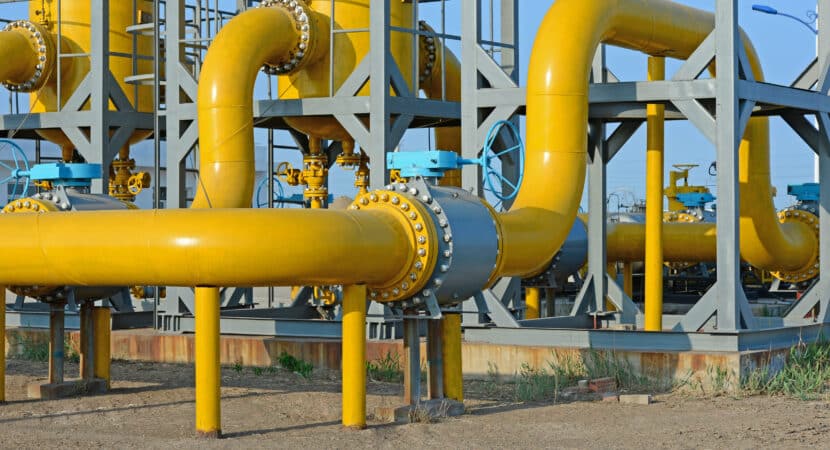
The government's plan aims to guarantee that refineries, distributors and importers will have access to Transpetro's terminals
In view of the transactions that had the objective of validating measures that had the potential to reduce the prices of oil derivatives, the government is debating with authorities associated with Congress the dispatch of a plan to make “public” Transpetro, a company derived from Petrobras which operates terminals and pipelines, to the competition.
The main objective of the project is the desire to truly ensure that distributors, refineries and importers have access to Transpetro's terminals, which, according to the evaluation of members of the government, have great idleness.
The sending of the text, which will discuss the government's desire to open Transpetro's terminals, is being discussed with Congress to be included in the amount of plans that have the potential to help reduce the prices of oil derivatives in the face of this high scenario. of inflation, such a plan has the capacity to undermine the chances of re-election of current President Jair Bolsonaro.
17% ceiling on basic needs is also discussed
Among the proposals to be analyzed is the attempt to define a ceiling of 17% for ICMS on electricity, fuel, gas, transport and telecommunications. The text of the proposal presented by the government, was approved by the Chamber of Deputies, and will be discussed and evaluated by the senators.
A full subsidiary of Petrobras, Transpetro's performance is focused on transport management, which are pipelines and terminals and maritime transport. Transpetro, focused on pipelines and terminals, has more than 14 kilometers of gas and oil pipelines, 47 terminals, 20 on land and 27 on waterways, and 55 ships.
According to sources who are familiar with the government's negotiations, Transpetro has a duty, by law, to donate and share its terminals and pipelines. However, in practice, the sharing of terminals and pipelines would not happen. The idea of the plan is to boost this “donation” of terminals and pipelines in a more forceful way.
To convince parliamentarians, the government's complements have reinforced that there are parts of pipelines with idleness above 50%. When sought, Transpetro has not commented so far.
Punishment instruments according to the ANP
The proposal may give more instruments to the National Petroleum Agency (ANP) so that refineries, importers and distributors can use Transpetro's pipelines and terminals. The present decision regarding the donation of terminals is seen as a very generic condition and the ANP currently only has two instruments of punishment, which are fines and the revocation of Petrobras' license (which is impracticable).
In 2021, the issuance of a temporary measure with this proposal, to open the terminals of the transpetro, was barred by Bento Albuquerque, former Minister of Mines, who was replaced by economist Adolfo Sachsida. Initially, the proposal was built by members of the technical area of the Ministry of Economy.
In dialogues with Congress, an issue has been much discussed, she talks about the fact that this project, individually, does not have the potential to solve the entire set of problems that the government intends to extinguish, however, it can help to reduce the prices. Furthermore, the legal area is still evaluating the occurrence that the government plan cannot be sent through a provisional measure, for validation of the same, a bill would be needed.
According to the assessment of Helder Queiroz, professor at the Institute of Economics at UFRJ, Federal University of Rio de Janeiro, and former director of the ANP, the proposal is good in theory, however, in practice, it is ineffective given the imminence that the government needed to reduce fuel prices.
“It is a measure for the medium and long term, so it would not be enough to meet what the government craves, which is competition with lower prices quickly”, says Queiroz, adding that idleness is not so great if the analysis takes longer periods as a parameter, such as one or two months.

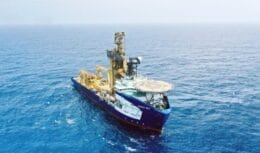
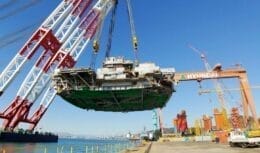

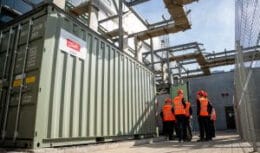



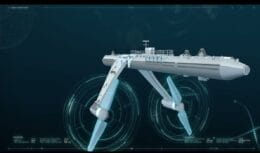




Very interesting !
United States ANNOUNCED. That's right, in the plural.
IN MY BELOVED BRAZIL, IN AND OUT…
Profession shipwright mechanic
Separate 2 for me, if so…
Every hybrid has to be flexible, it needs…
Cuba generates medical services like the USA generates…
Cubans have always migrated to the USA a lot…